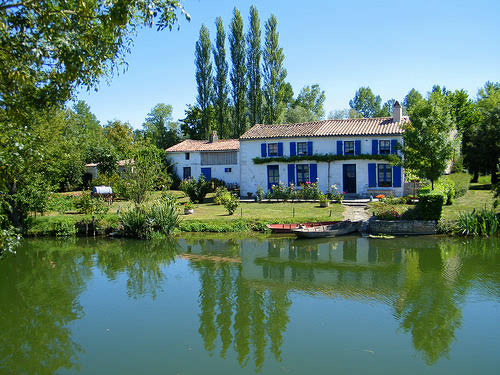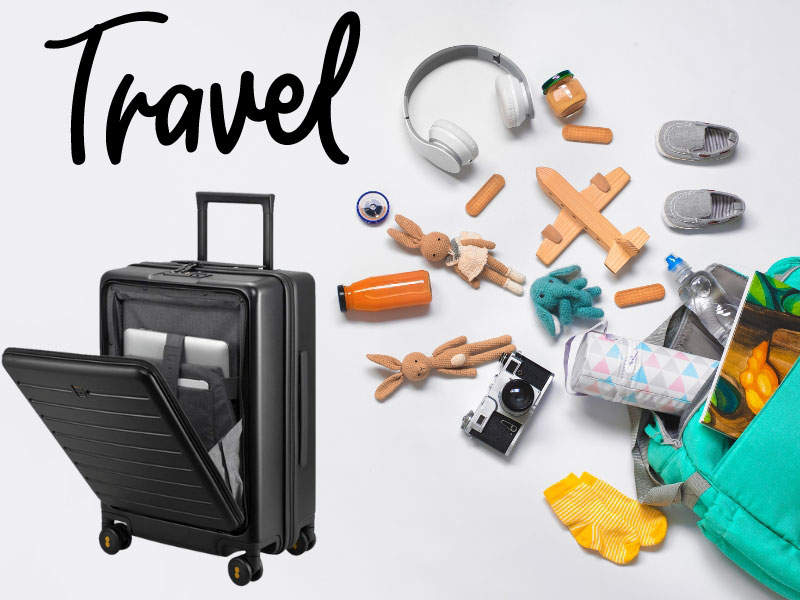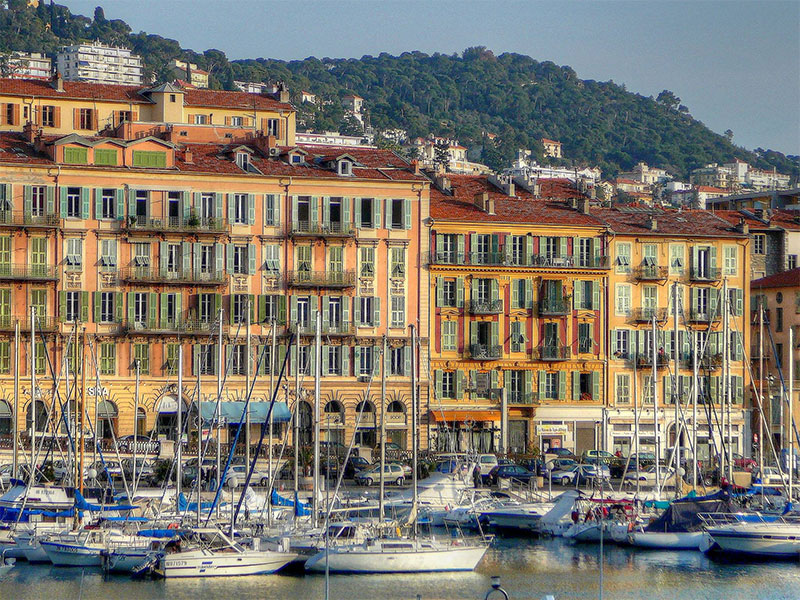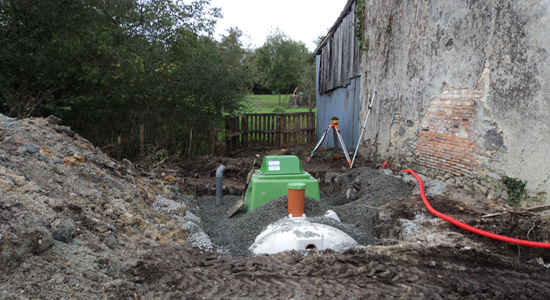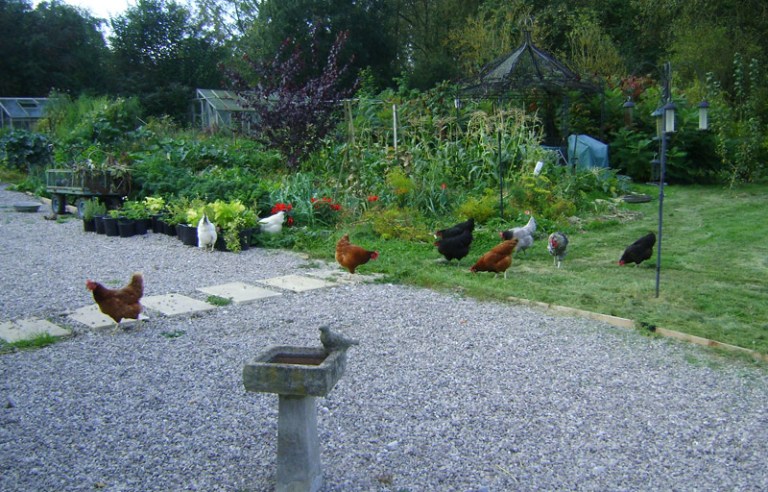Water is supplied in France by private companies and which company that will be depends on the area in which you live.
In most towns and villages the Mairie (Town Hall) oversees the commune’s water supply and you can’t choose your supplier. A high number of local councils organise the water distribution service on an inter-communal basis – a Syndicat d’eau.
Most properties in France have their water measured by a meter, and are individually charged according to consumption.
If your meter should malfunction you will need to contact the water company in your area and if you have a leak the responsibility is yours if the leak is beyond the meter and the water company’s expense if it’s before the meter.
Meters are read at least once a year and you’ll receive an annual bill – our Syndicat d’eau does not allow for payment other than cash or cheque; other companies allow for quarterly payment on an estimated direct debit basis (prélèvement automatique) – it differs from region to region and you can check with the Mairie for details.
The cost of the water supply and service in France varies greatly from one area to another and is largely dependent on whether you have mains drainage or a septic tank – the latter being much cheaper in terms of water services. How much investment is being undertaken in water and sewerage services by the statutory agencies – the local councils and the regional water agencies – will also impact the cost of the water service.
Most properties in France can be connected to the mains water systems, but not always – isolated or very rural properties may have to rely on a well for their water and if this affects a property you are considering – check that the well doesn’t dry out in hot weather periods.
If you have to arrange a connection to the mains you should acquire an estimate for the work of digging trenches and laying pipes etc. as this could be extremely expensive.
The water company will be able to supply you with an estimate (ask for a Devis – a binding quotation).
Local authorities may impose water usage restrictions during hot weather periods – usually this will mean no topping up swimming pools, no watering gardens or washing cars. These will be publicised in the local press and on the notice boards at your Mairie.
Some people question whether the tap water is clean enough to drink and indeed there are many French people who prefer to buy bottled water. We certainly hear from readers in rural areas who assure us that tap water is preferable. Some waters have hard water supplies that can affect taste, one reader advised she received a note from the Mairie advising householders not to use the water for cooking or indeed washing as a cow had fallen into the water supply and the water was contaminated.
You can find out about the water quality in your area from your local Mairie – information on water quality tests carried out on water supplies to local resident should be available, in fact you should receive annually a report on the quality of water in the area from water authorities issued by the Mairie to the local populace – in practice this doesn’t always happen though.
Fosse Septique – Septic Tank
Many French properties, sometimes even whole villages can’t be or don’t want to be connected to the mains drainage network.
This is generally due to the cost being too high, or the distance too great to connect to an existing sewage plant.
The alternative is for each house to have its own individual system for sewage treatment – a septic tank or fosse septique.
When buying your property, make sure that the system has been inspected and is up to all the standards – your estate agent will help you to arrange this.
Septic tanks don’t really treat waste – they store it. It is therefore really important that septic tanks are treated with respect and that you make sure you are compliant with the regulations.
The regulatory list is long and changes from time to time and the best people to check with to make sure that you have no problems with an existing tank or with a planned or new installation are the Marie and the Service Public de l´Assainissement Non Collectif (SPANC) who regulate private sewage systems.
Make sure all waste water is going to the fosse septique. Although years ago waste from shower water or washing machines for instance was allowed to just run into a ditch or soak away – this is not the case today – all water should go to the tank.
Only use products specifically designed to be used in the fosse septique – anything else may cause problems that mean the tank doesn’t work properly, look for specific products sutiable for use in the fosse septique and never anything with bleach in it. Only put toilet paper down the loo – nothing else or it may cause blockages and the tank to not work properly.
Get the tank regularly emptied – it must be done at least once every 4 years by a registered pumping company – you can find one under the section vidange fosse septique in your local yellow pages or online at www.pagesjaunes.com or ask at the Mairie. You must ask for a certificate to prove that you have had the tank pumped and have complied by using a registered agent – many farmers traditionally perform this service but it they are not registered you can get into trouble.
Your tank can be inspected by an official from the regulatory body for sewage so make sure that you’re compliant before they arrive – if you’re not, you can be made to carry out the work or it will be carried out for you and you will receive a bill.
Read more about the rules and regulations for Fosse Septiques in France
